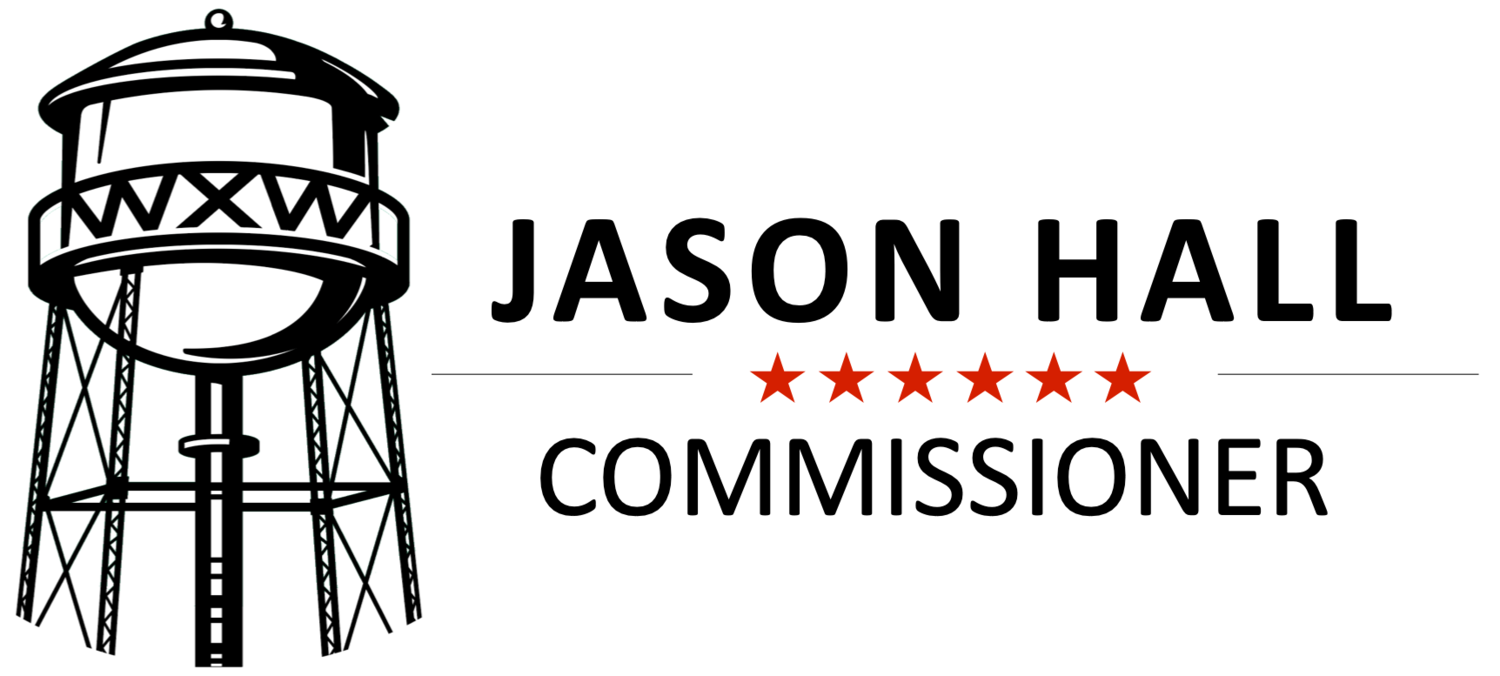Kicking The Can - If you’re not growing; you’re dying.
The growth in our area isn’t anything new; it’s been going on for more than 20 years. The current Waxhaw Board and town staff are constantly working towards solutions for our community. Safety, infrastructure, water/sewer, traffic, seniors, youth, and school impacts drive our conversations. When you get into the weeds of how all these important topics are connected, you’ll start asking more significant questions such as: Why aren’t new wastewater treatment facilities and improvements already underway? Building a new wastewater treatment facility takes roughly ten years from start to finish. It costs twice as much to make it today as it did ten years ago. The construction of new schools isn’t getting less expensive either. Why haven’t the jails been properly maintained? Why aren’t our teachers being paid competitively so they stop leaving?
If local or county government ignores growth, several consequences may arise, affecting various aspects of the community.
Here are some of the potential outcomes of ignoring growth and where the current Waxhaw board is working to develop solutions that help to counteract their negative impact on our community:
Infrastructure Strain: As the population increases, the existing infrastructure (such as roads, water supply, sewage systems, and public transportation) can become inadequate, leading to congestion, increased maintenance costs, and decreased quality of service. Not all of these are in direct control of The Town of Waxhaw. That being said, the current board works regularly with local, regional and state officials to assist in the development of plans for our future. Some of the Union County elected officials have ignored the growth and basic services for so long (more than 20 years), that rate increases are now a certainty. This isn’t blaming the County; it’s assigning accountability. The Town of Waxhaw has taken on the responsibility to expedite solutions. Some of these efforts include our involvement with the Charlotte Regional Transportation Organization (CRTPO), where Mayor Ronald Pappas is the Chairman. Road infrastructure in Waxhaw is already starting to benefit from this involvement.
Housing Shortages: Without planning for growth, housing demand will outstrip supply. This can lead to increased housing prices, and rent hikes that directly affect our youth and seniors. I published an article yesterday on the downfalls of Exclusionary Zoning that refers to local land-use regulations. This ideology contributes to housing shortages that indirectly prevent certain groups of people, often those with limited incomes, from living in a particular area, typically by limiting housing density or setting minimum lot sizes. The current Waxhaw board and staff have been augmenting a plan that has been in place since the year 2000 in a way that not only protects our historic downtown, but plans for its future success.
Economic Stagnation: Failure to plan for growth will result in missed opportunities for economic stability. Businesses might be reluctant to invest or expand in an area that’s not forward-looking. A case in point is the loss of the South Piedmont Community Collage “SPCC” Entrepreneurship Center that was slated for Waxhaw. Failures from some of the Union County elected officials to plan ahead forced the SPCC to choose another location.
Budgetary Strains: Increased demand for public services without corresponding growth in the tax base or other revenues can strain the town’s budget. This can lead to deferred maintenance, reductions in services, or increased taxes and fees.
Decreased Property Values: In some cases, if growth leads to deterioration in public services, increased crime, or other negative consequences, property values might stagnate or decline.
Reactive Instead of Proactive Approach: By ignoring growth, leadership may find themselves constantly reacting to problems rather than proactively planning and managing change.
Potential Legal Challenges: Residents or businesses affected by the negative consequences of unplanned growth might pursue legal action against the town for negligence or mismanagement.
All of these things impact our community, but we need to keep in mind that growth, in itself, is not inherently bad. Many towns and cities view growth as an opportunity to revitalize, bring in new revenues, and improve the quality of life for a diverse group of residents. The key is managing growth effectively and planning for it in a way that balances various interests that include all citizens - and not just a select group - for long-term sustainability. This planning is exactly what the Town of Waxhaw is doing today - and receiving national recognition for its planning.
“It’s difficult to argue against positive results that work.” ~ Jason Hall
#BridgesNotWalls


